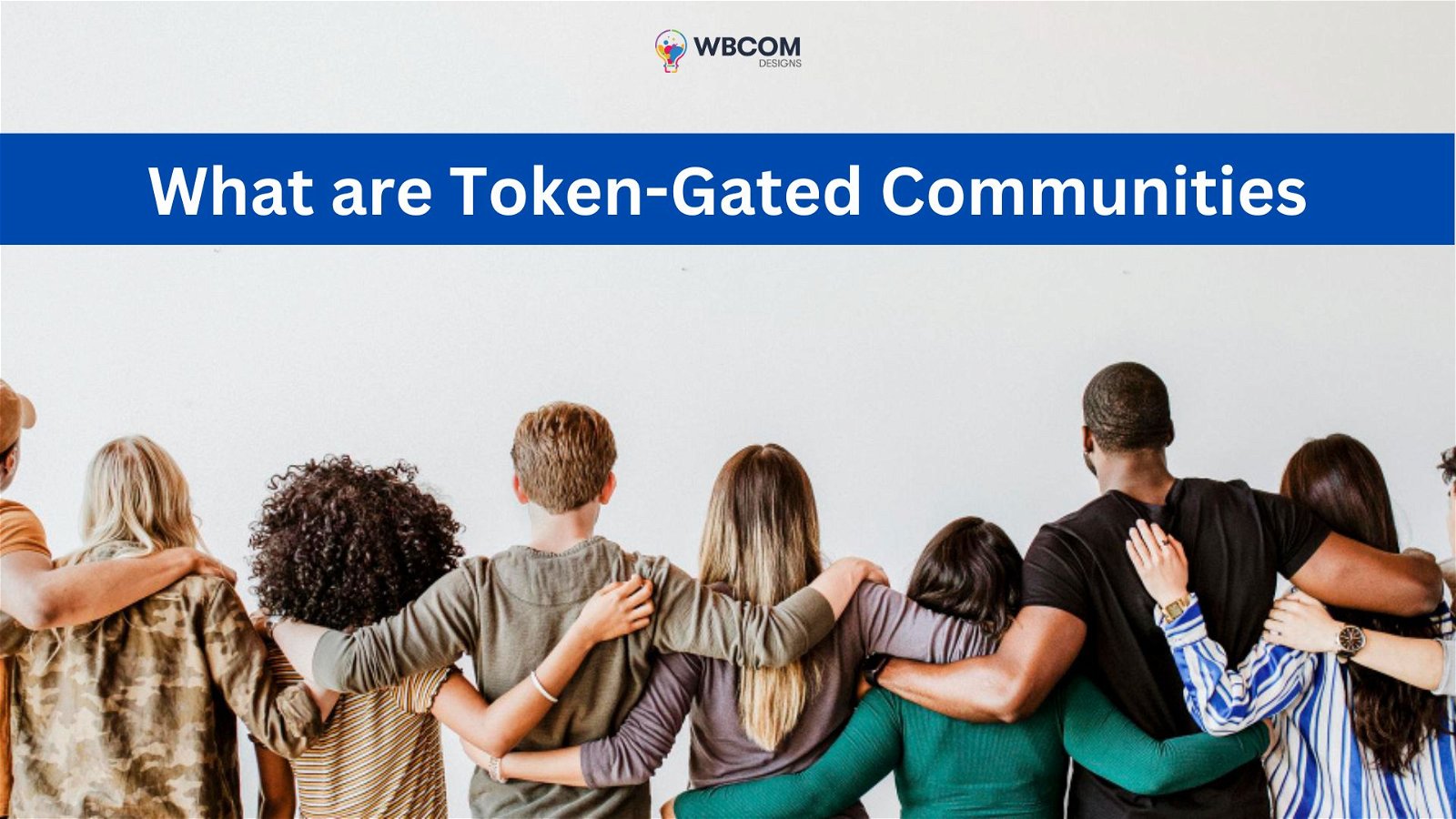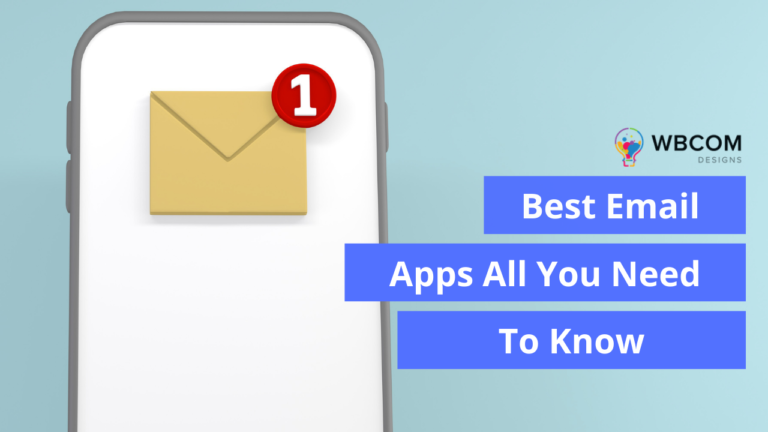Token-gated communities refer to exclusive online spaces or platforms that grant access based on the possession or ownership of digital tokens. In the realm of blockchain and cryptocurrency, tokens represent units of value or utility on a decentralized network. In the context of token-gated communities, individuals gain entry or special privileges within a particular digital environment by holding a specific amount or type of tokens. This concept leverages blockchain technology to create a system where ownership of digital assets serves as a key to unlocking participation in restricted online communities, services, or content.
Token-gated communities can be found in various decentralized applications, social platforms, or other digital ecosystems, providing a mechanism for creating scarcity, incentivizing participation, and fostering a sense of exclusivity within these online spaces. The use of tokens in this context aligns with the broader trend of exploring new ways to integrate blockchain technology into digital interactions, offering novel models for access, engagement, and community building.
Table of Contents
ToggleThe Basics of Token-Gating
Token-gating is a concept rooted in blockchain technology that involves using digital tokens as access keys to exclusive online communities, platforms, or content. In this context, tokens represent units of value or ownership on a decentralized network. The basic premise is that individuals gain entry to specific digital environments by possessing a certain quantity or type of tokens. Unlike traditional access methods such as subscription fees, token-gating leverages the principles of decentralization to create a unique and often more democratic entry mechanism.
Explanation of tokens and their role
Tokens, in the context of digital assets, are units of value or utility that exist on a decentralized network, often based on blockchain technology. These tokens can represent various assets, from cryptocurrencies like Bitcoin and Ethereum to unique digital assets created for specific platforms. The role of tokens extends beyond mere transactions; they serve as digital keys or access passes within certain ecosystems. By possessing a certain amount or type of token, individuals gain the ability to participate in specific activities, access exclusive content, or even become members of particular online communities.
Also Read: 7 Website Trends That Will Change Your Business Forever
How token-gating works in creating exclusive online communities
Token-gating involves the use of digital tokens as a barrier to entry for online communities, platforms, or services. Instead of relying on traditional methods such as subscription fees or account credentials, token-gating leverages the decentralized nature of blockchain to create a unique access mechanism. Users who hold a requisite amount of tokens are granted access to exclusive features, content, or entire communities. This process not only establishes a sense of scarcity and exclusivity but also aligns with the principles of decentralization and user ownership. Token-gating thus transforms digital ownership into a form of digital membership, fostering a community where participants are not only consumers but also stakeholders in the platform’s ecosystem.
Examples of platforms utilizing token-gating
Several platforms have embraced token-gating as a means of shaping their communities and incentivizing user engagement. For instance, decentralized finance (DeFi) platforms often use token-based governance models, allowing token holders to participate in decision-making processes. Social platforms like Cent and Mirror Protocol use tokens to unlock exclusive content creation tools or grant special privileges to token holders. Non-fungible token (NFT) marketplaces, such as Rarible or Foundation, often employ token-gating to create limited-access artist communities or exclusive digital art collections. These examples showcase the diverse applications of token-gating across various digital landscapes, emphasizing the potential for decentralized ownership models to redefine online interactions and community dynamics.
Advantages of Token-Gated Communities
Token-gated communities offer several advantages in the digital landscape. Firstly, they provide a novel way to incentivize user participation and engagement by tying exclusive access to the possession of digital tokens. This creates a sense of scarcity, fostering a community where members feel a heightened level of value and ownership. Additionally, token-gating leverages blockchain technology, ensuring transparency, security, and decentralized control over access mechanisms. The use of tokens as access keys also enables platforms to experiment with unique ownership models, where users become stakeholders in the community.
These communities often benefit from increased user loyalty and commitment, as individuals holding tokens have a vested interest in the success and growth of the platform. Overall, token-gated communities represent an innovative approach to online interaction, combining elements of exclusivity, decentralization, and user empowerment.
Accessibility issues and potential exclusivity concerns
While token-gated communities introduce innovative approaches to online interaction, there are notable concerns regarding accessibility and potential exclusivity. One major challenge lies in the requirement for users to possess specific digital tokens to gain entry. This can create barriers for individuals who may not have the means or knowledge to acquire these tokens, potentially excluding a portion of the user base. The inherent volatility of cryptocurrency markets can further exacerbate this issue, as token prices may fluctuate, affecting the affordability of participation. Additionally, token-gated communities run the risk of becoming exclusive environments where only those with financial resources or early adopters can fully engage. This exclusivity could hinder the diversity of voices within these communities, limiting perspectives and potentially fostering an environment that lacks inclusivity.
Read More: Emerging Trends for the Future of Software Development
Successful examples of token-gated communities
Several successful examples of token-gated communities exist across various industries. Keep in mind that the landscape is dynamic, and new developments may have occurred since then. Here are some examples:
Decentralized Finance (DeFi) Platforms
Compound (COMP): Compound is a DeFi lending protocol that uses the COMP token for governance. Token holders can propose and vote on changes to the platform, influencing its development.
Uniswap (UNI): Uniswap is a decentralized exchange (DEX) that utilizes the UNI token for governance. UNI holders have voting rights and can shape the direction of the protocol.
Social Platforms
Cent: Cent is a social media platform where content creators earn rewards in the form of the platform’s native token (ETH-based). Token ownership provides access to additional features and opportunities within the community.
Mirror Protocol: Mirror is a decentralized blogging platform where token holders gain access to premium content creation tools and features. It is built on the Terra blockchain.
Non-Fungible Token (NFT) Marketplaces
Rarible (RARI): Rarible is an NFT marketplace that uses the RARI token for governance. Token holders can participate in decision-making processes related to the platform’s development.
Foundation: Foundation is an NFT platform where token ownership is associated with exclusive access to certain features and benefits, creating a token-gated community for digital artists.
Future Trends and Innovations
Predicting future trends and innovations in token-gated communities involves considering the dynamic nature of the blockchain and cryptocurrency space. Here are some potential trends and innovations that may shape the future of token-gated communities:
- Interoperability and Cross-Platform Integration
- Enhanced Governance Models
- Fractional Ownership and Tokenization
- Incentive Mechanisms for Community Growth
- Integration with Web3 and Decentralized Identity
- Gamification and Virtual Economies
- Sustainability and Environmental Considerations
- Cross-Chain Solutions
It’s important to note that the cryptocurrency and blockchain industry is highly dynamic, and new trends and innovations may emerge. Keeping an eye on industry developments and staying informed about technological advancements is key to understanding the evolving landscape of token-gated communities.
Now Read: how to create an online community?
Wrapping Up Of What Are Token-Gated Communities
The concept of token-gated communities represents a transformative force in the digital landscape, leveraging blockchain technology to redefine online interactions and community dynamics. By granting access based on the possession of digital tokens, these communities introduce novel models for incentivizing user participation, creating exclusivity, and fostering a sense of ownership. The examples provided across decentralized finance, social platforms, and non-fungible token marketplaces showcase the diverse applications of token-gating, highlighting its potential to shape various industries.
While token-gated communities offer significant advantages, including increased user loyalty and decentralized control, concerns around accessibility and potential exclusivity underscore the need for careful consideration. The challenge lies in balancing the benefits of token-based access with ensuring inclusivity and addressing barriers that may limit diverse participation.
Interesting Reads:
Fostering A Digital Community: Web Design As A Key Tool
7 Best Multi-Vendor eCommerce Platforms To Create An Online Marketplace








